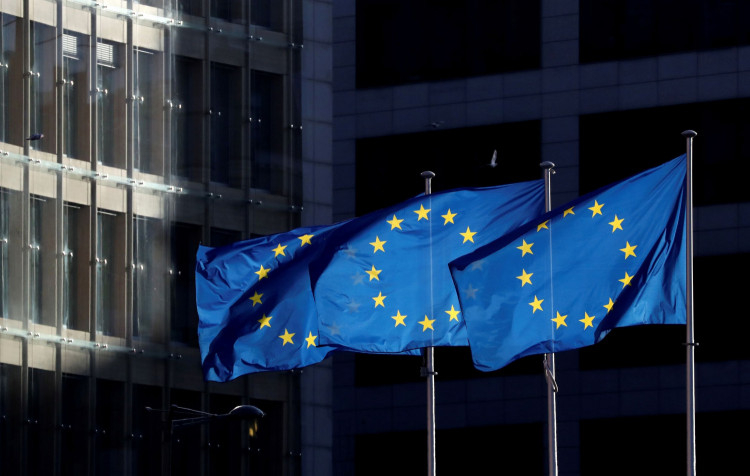European Union lawmakers stepped up their fight against global warming on Wednesday, requiring deeper emissions cuts from the EU's power plants, factories, and planes, as well as endorsing an unprecedented import tax.
The overall goal is to put the EU on track to achieve climate neutrality by 2050 and to encourage other major polluters, such as the United States and China, to do the same.
Final approval of the legislative package, which has been on the table since July 2021, would necessitate the European Parliament working out differences with the bloc's national governments on a variety of details, a process that is expected to take several months.
The European Parliament improved the draft climate legislation that would reduce EU greenhouse gas emissions by at least 55% by 2030 compared to 1990, rather than the previously agreed 40%.
The legislation also includes a tool that would allow the EU to raise the prices of certain imported goods, such as steel and aluminum, that are exempt from the climate-protection costs that manufacturers in the EU-27 face.
Germanwatch, a non-profit organization, said the draft legislation did not go far enough and expressed disappointment with the plan to continue providing companies with free emissions certificates for the next ten years, albeit under stricter conditions.
Germanwatch applauded the agreement on the import tax, stricter shipping rules, and the inclusion of garbage incineration in the EU's emissions trading system beginning in 2026.
The EU is attempting to maintain its global leadership in the fight against the increasingly frequent and intense heat waves, storms, and floods caused by global warming. In November, Egypt will host a major United Nations climate conference.
The more aggressive EU climate legislation is part of a clean-energy push that has gained political traction as a result of Russia's invasion of Ukraine, with the bloc vowing to wean itself off Russian fossil fuels by 2027.
Meanwhile, Russia has cut natural-gas supplies to five European countries, including Germany and Italy, and has stopped deliveries to six EU member countries. The EU has agreed to ban Russian coal imports beginning in August and to impose an embargo on most Russian oil over the next eight months.
The tougher EU climate targets have raised fears of further energy price increases, sending inflation soaring and prompting the European Central Bank to commit to raising interest rates for the first time in 11 years beginning next month.
In this context, the European Parliament also approved the establishment of a fund to assist vulnerable households in dealing with the planned energy overhaul.






